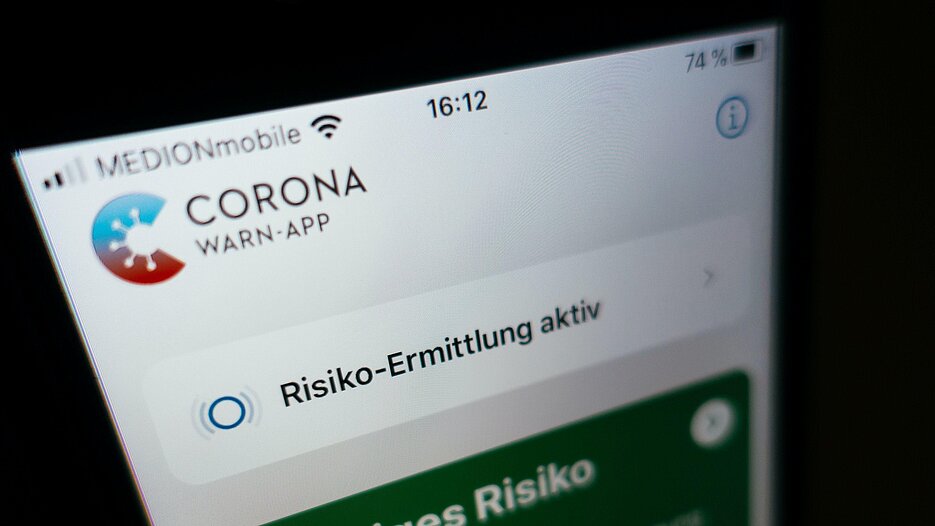Online-Event: IT-Chancen und Risiken
IT-Chancen und Risiken
| Datum: | 23.07.2020, 19:00 - 20:00 Uhr |
| Kategorie: | 10030200-Lehrstuhl für Informatik II, Secure Software Systems Group |
Join us on Thursday, July 23th 2020 and learn more about what can be achieved with the help of artificial intelligence during the Covid-19 pandemic, as well as about the security and privacy risks of contact tracing apps.
Visit any of the following websites if you would like to save the date in your callender, or get a reminder prior to the event's beginnig:
Teil 1: Chancen durch Künstliche Intelligenz in der Corona-Krise
Global allgegenwärtige Gesundheitsrisiken, soziale und unternehmerische Lockdowns: das bisherige Jahr 2020 und sicherlich einige Zeit darüber hinaus bergen viele Herausforderung. Jedoch: in jeder Krise liegt eine große Chance. So wird speziell die digitale Transformation des Gesundheitswesens beschleunigt, zum Beispiel die Telemedizin, mobile Gesundheitsapps und ein standardisierter Austausch von elektronischen Gesundheitsdaten. In diesem Vortrag soll gezeigt werden, inwiefern auch Methoden der Künstlichen Intelligenz in der Pandemie und darüber hinaus helfen können. Dazu werden Beispiele für Anwendungen für Maschinelles Lernen, Natural Language Processing und Knowledge Graphs gegeben.
Referent: Dr. Benedikt Kämpgen ist Leiter des Teams „Healthcare Analytics“ bei Empolis.
Teil 2: Security and Privacy Risks of Contact Tracing Apps
Contact tracing apps running on mobile devices promise to reduce the manual effort required for identifying infection chains and to increase the tracing accuracy in the presence of COVID-19. On another hand, such apps are potential enablers of new security and privacy risks for mobile users, since they collect and process privacy-sensitive information about user’s contacts. Hence, it is important to design such apps carefully with security and privacy requirements in mind and to perform an extensive evaluation.
Since the beginning of COVID-19 pandemic, several contact tracing apps were released by different countries that have different designs ranging from centralized systems deployed in Asia (e.g., Singapore, China, Korea) to decentralized solutions developed in Europe (e.g., Switzerland, Italy, and Germany), many of which are using a contact tracing API developed by Google and Apple. In this presentation, we will shed light on various designs and discuss their potential security and privacy risks that are inherent in their design (according to specifications). Furthermore, we will report our empirical evaluation results of approach from Google and Apple, in which we could confirm that design weaknesses are exploitable and practical attacks can be conducted.
Referent: Prof. Dr. Alexandra Dmitrienko ist Expertin für sichere Software-Systeme und leitet die Secure Software Systems Research Group an der Julius-Maximilians-Universität Würzburg.



